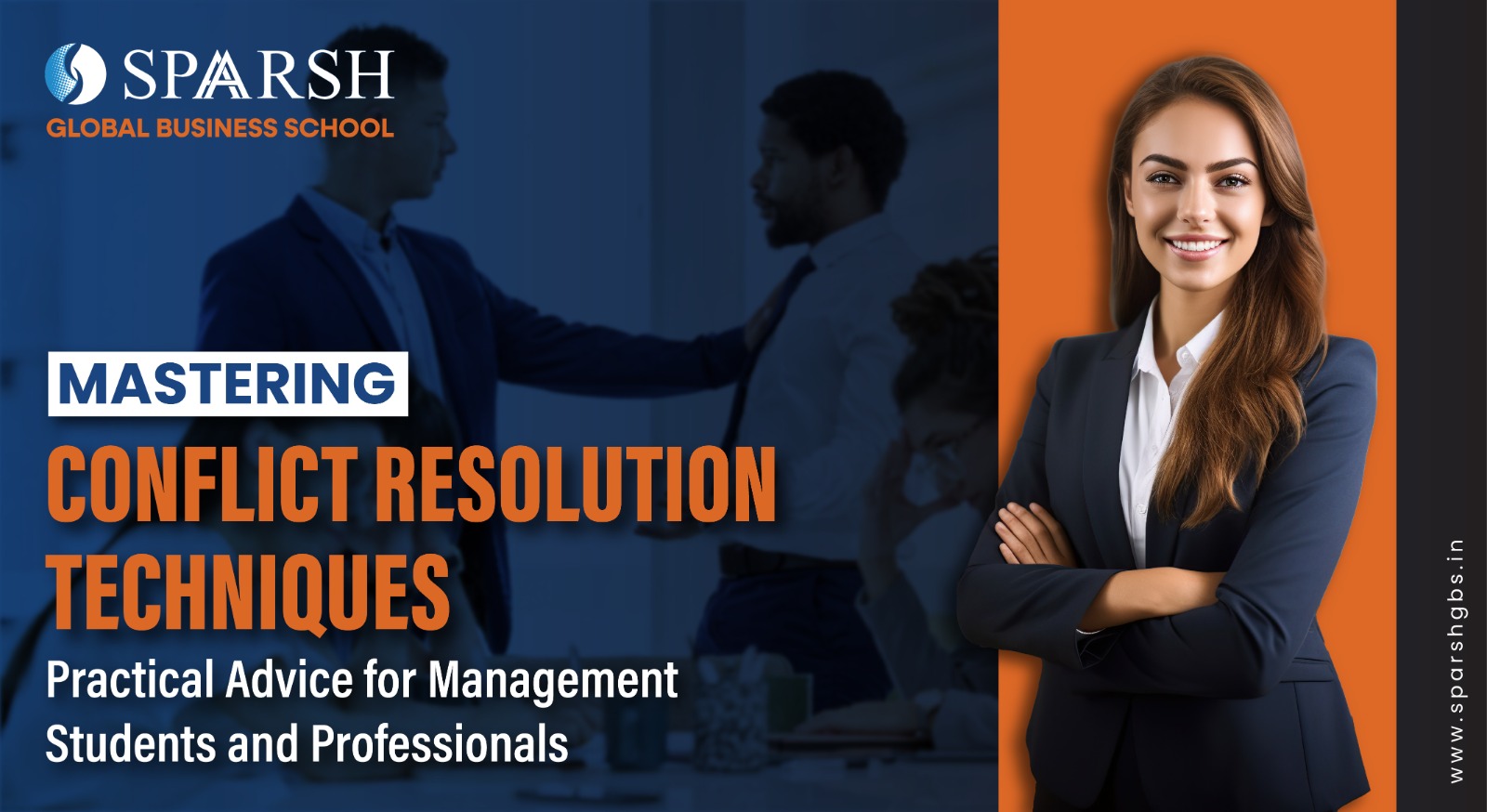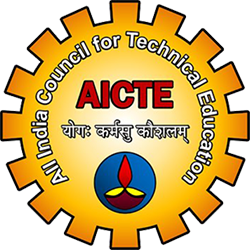From as old as the world is, conflicts have had their space in our lives as much as wars and great battles, literature and philosophy, religion and knowledge. Down generations, humans have learnt by themselves or have been mentored in the art of conflict resolution.

In the era we live in, the concept of conflict resolution has shifted more to workspaces and the focus is largely on how to manage and deal with workplace conflicts. The sooner one is trained to learn this, the better one is equipped to handle conflicts at every stage of life. No surprise here that while pursuing management courses in the top PGDM colleges in Delhi or in the best PGDM institutes in Noida, learners are imbibed in the art of managing and mastering conflict resolution techniques.
Before managing conflicts, it is essential to understand the reason behind them. Differences in ideology, beliefs, personalities, priorities and goals are few of the reasons why conflicts arise. These aside, everyday events happening around an individual determine to a large extent, his state of mind and these go a long way in determining the nature of conflicts, whether between individuals, groups, regions or ethical backgrounds.
While pursuing PGDM from one of the best PGDM colleges in Noida, learners get hands-on mentoring in efficient techniques of conflict resolution. These are pragmatic methods students are inducted to during their course, making it that much easier for them to adapt themselves to the many differences in their workplace and making it that much easier for them to identify, manage and solve conflicts.
Here are some practical advice for management students and professionals:
Accept the presence of conflict - Conflict points towards a need for change and the first step towards resolution is an acceptance of the fact that there is a conflict.
Maintain neutrality - In a conflict to be impartial and fair, it is very important to be neutral. To prevent being partial, one must refrain from aligning with any party, individual and entity. Being neutral can lead to a balanced perspective, which can facilitate more objective appraisals and peaceful resolutions of disputes. The fundamental principle for achieving equitable outcomes in contentious situations.
Separate the problem - It's always crucial to differentiate the individual who is involved with the problem he is involved in. When fostering constructive communication we focus on the problem and not on the individual's attribute. It leads to effective conflict resolution and healthy relationships with empathy and cooperation.
Listening skills - Active listening is an essential component of conflict resolution. By attentively listening to each party involved, one can gain a comprehensive understanding of their perspectives, concerns, and emotions. This helps to cultivate empathy, promote fair resolution, and reduce misunderstandings, ultimately leading to a harmonious and constructive outcome in disputes.
Analyse the problem - To analyse a conflict effectively, it is essential to evaluate its root causes, participants’ motivations and the context in which it arises. Identifying underlying issues, emotions and communication breakdowns is crucial. Evaluating potential resolutions and their consequences is vital for conflict management and resolution strategies. Thorough analysis helps in finding solutions that promote understanding, cooperation and peace.
Pondering well before arriving at a solution - It is important to take time to carefully consider a conflict before reaching a solution. In many cases, seeking input from another individual can be beneficial, as their knowledge and experience can offer fresh perspectives and help foster a more comprehensive and effective resolution. Collaboration and external input can be valuable assets in conflict resolution.
Encourage discussions - Encouraging open communication and dialogue among individuals is crucial to resolve conflicts and achieve shared goals. By maintaining a collective vision, conflicting parties can work together towards common objectives, promoting understanding and cooperation while minimising discord.
Solutions - When conflicts arise, it’s important to offer a variety of feasible solutions that encourage open communication. Some of the options that can be considered include negotiation, mediation, or arbitration. By practising active listening, empathy and effective communication, parties can gain a better understanding of each other’s perspectives and make informed decisions, ultimately leading to resolution and reconciliation.
Seeking agreement - It’s important to promote collaboration by encouraging parties to find common grounds and reach an agreement when a solution is proposed. By promoting consensus and cooperation, disputes can be resolved more effectively, leading to overall success in addressing the underlying issue.
Confidentiality is a must - Confidentiality is crucial in conflict resolution. It helps to protect sensitive information, build trust and promote open communication. By keeping disputes private, parties can freely express their concerns without fear of retaliation, leading to more constructive resolutions. Confidentiality also prevents the spread of potentially harmful or damaging details, preserving the dignity and privacy of those involved.
As Ronald Reagan once said, “Peace is not the absence of conflict, but the ability to handle conflict by peaceful means.”
In today’s fast-paced and interconnected world, mastering conflict resolution techniques is not only a valuable skill, but also a hallmark of effective management and leadership. Sparsh Global Business School implements these practical strategies so their management students and professionals can navigate through the complex landscape of conflicts and pave the way for harmonious, productive relationships in the workplace and beyond.
FAQ :
1. What factors contribute to the conflicts in the workplace?
Ans. Differences in ideologies, beliefs, personalities, priorities, and goals, as well as external factors, personal experiences, and miscommunications, can all contribute to conflicts in the workplace.
2. What are the benefits of learning conflict resolution techniques for management students during their education?
Ans. It’s important to note that conflict resolution is a crucial skill for any professional, regardless of their field. By understanding how to resolve conflicts, students can create a more positive work environment, build stronger relationships with their colleagues and foster a culture of collaboration and productivity.
3. Why is it important to separate the problem from the person when addressing conflicts?
Ans. By separating the problem from the person, it is possible to approach conflict resolution in a more objective and constructive manner. This approach helps avoid personal attacks and instead focuses on finding solutions, rather than assigning blame.



